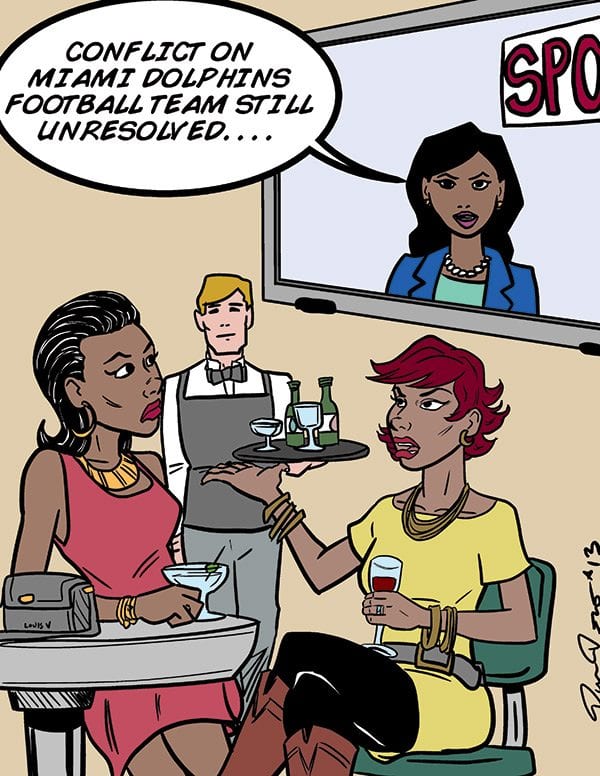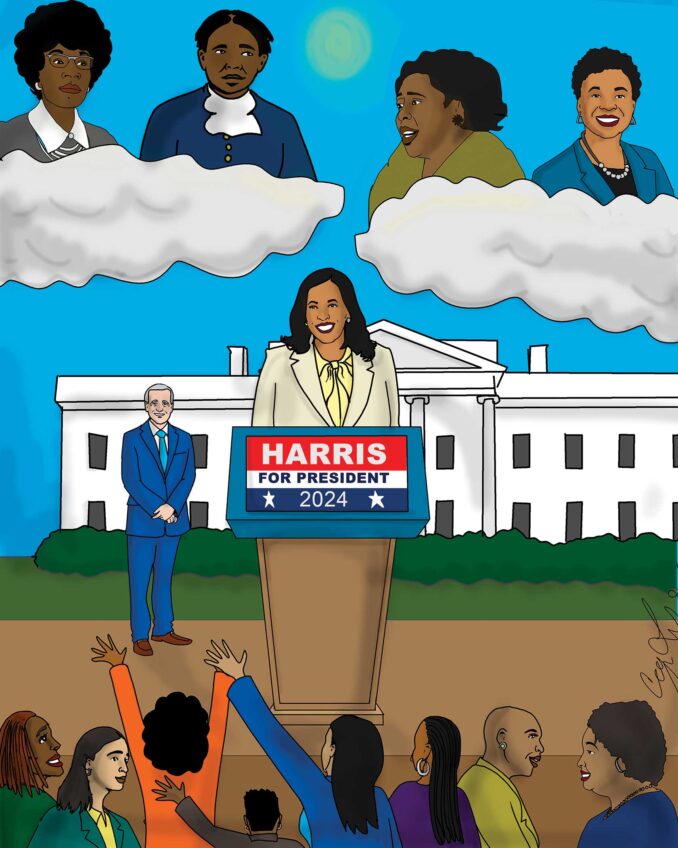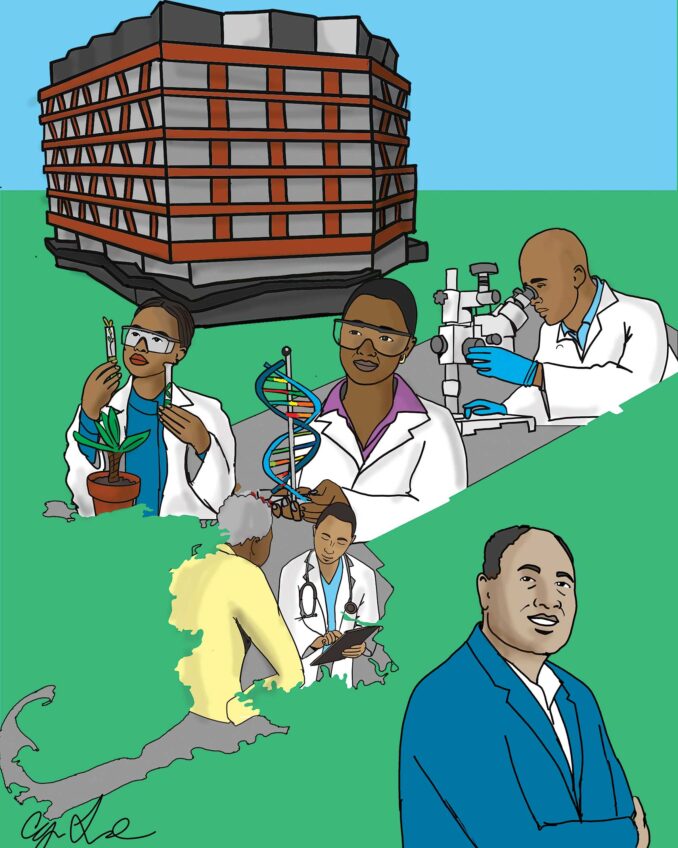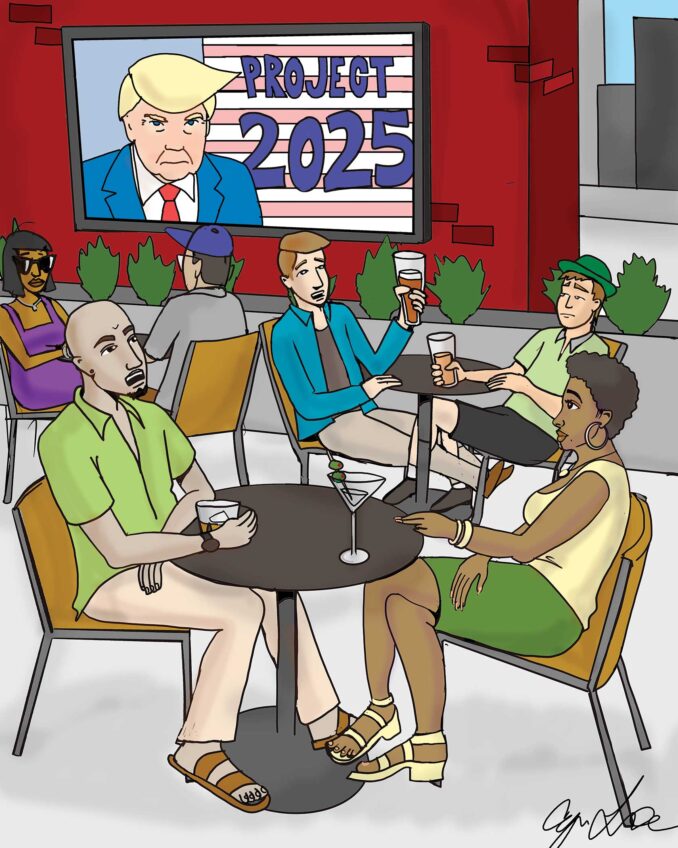Blacks must no longer accept inferior behavior as their ethnic standard

Prominent politicians have asserted for some time that the policies they support will benefit the middle class. While everyone agrees that the prosperity of the middle class is important for the nation’s economic growth, there is a difference of opinion about the qualifications for middle class status.
President Obama complicated the issue when he campaigned a few years ago to eliminate tax cuts that benefit the rich. Only those earning more than $250,000 per year would lose the tax cuts. In 2012, the top 10 percent of U.S. taxpayers earned more than about $114,000. Fewer than 5 percent of taxpayers would earn $250,000. That hardly can be conceived of as a middle class level.
According to the U.S. Census Bureau, the average household earned $51,017 in 2012. The income range to be middle class is calculated to be $25,500 to $76,500. But that does not tell the whole story. The rising cost of living no longer enables supposedly middle class families to enjoy the standard of living that was once available.
In 1989, the median household income was $51,681, a bit higher than today’s $51,017. But prices have risen. The cost of housing is 56 percent higher. Health care costs and college tuition are also up. In expensive cities like New York, San Francisco and Boston, the high end of the middle income range is insufficient to afford an appropriate standard of living.
Now another element of middle class status has emerged. It is more than a comfortable standard of living. Even those with a high level of income could fail to qualify. It might be called “middle class lifestyle” for want of a more descriptive title. Awareness of this qualification arose in the media reports about the conflict between two Miami Dolphin football players, Richie Incognito and Jonathan Martin.
Press reports indicate that their dispute involves both race and class. Incognito is white and Martin is black. Both earn substantially more than the $250,000 range established as the top end of the middle class by Obama. Therefore, the class issue is not about income but it concerns behavior.
Martin’s behavior is considered to be more decorous. Both of his parents are alumni of Harvard University and he is an alumnus of Stanford, the Ivy League of the West. Incognito, a graduate of the University of Nebraska, is reported to have directed graphic racial slurs and threats toward Martin. That behavior sounds lower class. Surprisingly, a number of other black members of the Miami Dolphins football team have supported Incognito and have said that he is “more black” than Martin.
Many younger blacks seem to have no awareness of generations past when highly educated African Americans lived dignified but modest lives. Racial discrimination prevented them from finding employment with substantial income at appropriate skill levels. They cared for their families and encouraged their children to study and progress academically. They lived quiet lives of sacrifice for the benefit of others.
Why is that not the black model rather than the rowdy? Why is the gratuitous use of the “n-word” so tolerated? Where is the dignity and self-respect?
The standard of behavior many African Americans find acceptable is so self defeating that even middle class status becomes elusive and bigoted enemies need to do very little to win the conflict.






